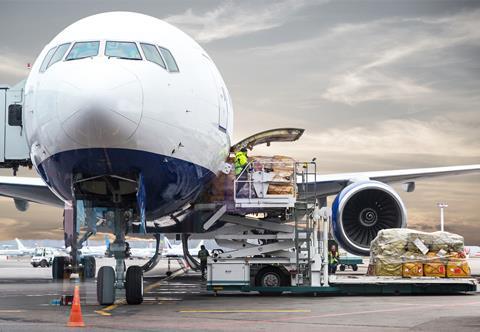New campaign calls for a fair transition to net zero for developing country food producers
A new campaign for a fair transition towards net zero kicked-off this month. Called Fairmiles, it calls on policy makers from government and the private sector to consider sustainability impacts on developing countries when pursuing carbon reduction strategies which seek to minimise so-called ‘food miles’ particularly with regard to airfreighted produce.

The campaign aims to engage key stakeholders in the retail, government and charity sectors to highlight the importance of maintaining crucial trade links with developing countries and to make recommendations for reducing emissions without marginalising vulnerable communities.
“Climate change is real and demands an urgent and radical response if we are to adapt to the significant threat it poses to our planet. However, with increasing pressure on organisations to act, there is a growing risk that corporate net zero strategies that seek to reduce emissions by reducing imported or airfreighted food, end up alienating and negatively impacting economically less developed countries, to the detriment of livelihoods in rural communities,” said Simon Derrick, global head of sustainability of Blue Skies, one of the companies behind the new initiative.
“The implementation of carbon reduction policies which target airfreighted fresh produce can disproportionately curtail opportunities for low-carbon agricultural products that support livelihoods in developing nations.
“This trade is a lifeline for millions of individuals in some of the world’s most impoverished and vulnerable communities, thus underscoring the need for carbon reduction policies to attain climate justice.”
Earlier this month, Derrick spoke at Fruitnet’s Global Tropicals Congress about the need to shift the conversation on net zero in order to achieve a more practical and equitable outcome for all nations.
Blue Skies supplies airfreighted fresh-cut fruit to retailers in the UK and across Europe, employing over 5,000 people in 10 factories spanning Ghana, Egypt, South Africa, Brazil, Benin and the UK. Its business model is built on the principle of adding value at source, which means that, wherever possible, fruit is cut, prepared, and packed in the same community that it is grown.
This allows Blue Skies to return a higher margin to the communities that produce the fruit, and to harvest the produce at its optimal maturity, helping to ensure the best possible nutrition and flavour.
The Fairmiles launch was attended by 15 organisations representing African fresh produce businesses, the air cargo industry, academia and the international development sector. In addition to raising awareness of the issue among key stakeholders and the public, it hopes to conduct research on the impact of air freighted produce; agree best-practice guidelines for the industry and translate its aims into an action plan with quantifiable targets.
Fairmiles has been formed by a partnership between Blue Skies, Air France-KLM, the University of Northampton and Beanstalk.Global.
For more information, please visit https://blueskies.com/global/fairmiles/ or contact simon.derrick@blueskies.com



